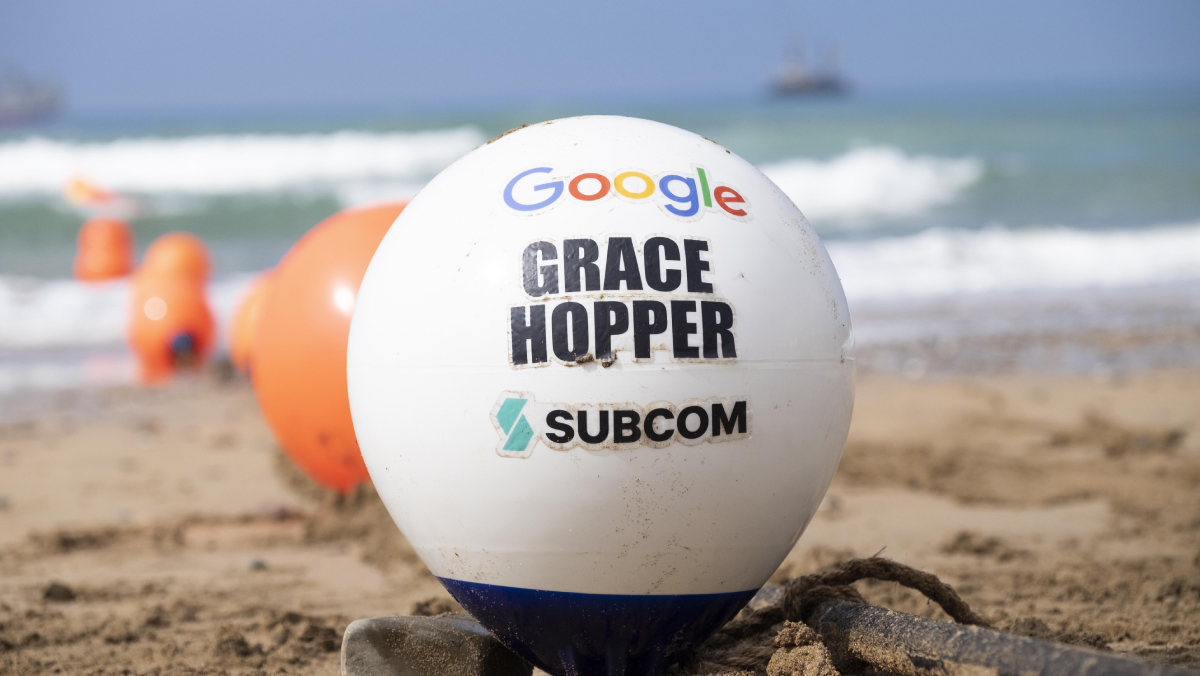Google Cloud has successfully landed the Grace Hopper subsea cable in Bude, Cornwall.
The 16-fibre pair cable runs between New York in the US, Cornwall in the UK and Bilbao in Spain – where the cable was landed earlier in September.
Google claims that the cable will funnel between 340 and 350 terabytes of data per second, which, according to the company, is the equivalent of 17.5 million people simultaneously streaming 4K videos.
The cable will make use of “fibre switching” to provide a more reliable service by enabling traffic to keep moving around outages. Google claims it will offer a level resilience against unforeseen failures and help meet the increasing demand for high-bandwidth connectivity and services.
The cable was named after American computer scientist pioneer, Grace Hopper. It’s the first Google-funded route to Spain, and is one of the first new cables to connect the US and UK since 2003. The plan is for the system to be ready for service in 2022.
This is the latest of Google’s subsea cables to run along the ocean floor, following Curie, Dunant, and Equiano – with Dunant similarly crossing the Atlantic to connect the USA with France. Dunant became ready for service earlier this year.
In a blog post, Jayne Stowell, Strategic Negotiator, Global Infrastructure at Google Cloud, said: “We know that technology is only becoming more important for the UK economy. The amount technology contributes to the UK economy has grown on average by 7% year on year since 2016. And UK-based venture capital investment is ranked third in the world, reaching a record high of $15 billion in 2020, despite the challenging conditions from the Covid-19 pandemic.
“What’s more, 10% of all current UK job vacancies are in tech roles, and the number of people employed in the tech sector has grown 40% in two years. With this in mind, improving the diversity and resilience of Google’s network is crucial to our ability to continue supporting one of the UK’s most vital sectors, as well as its long-term economic success.”


